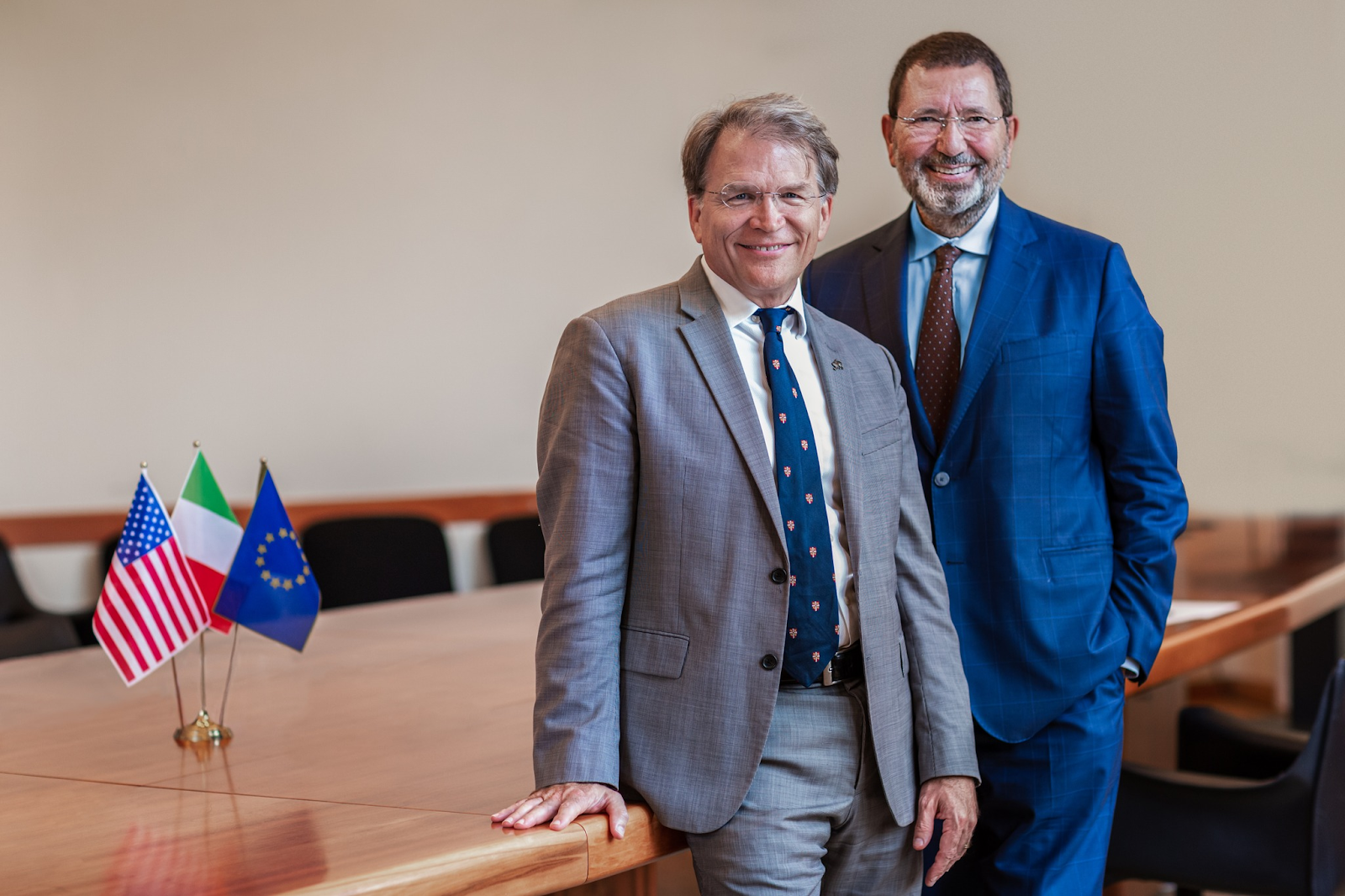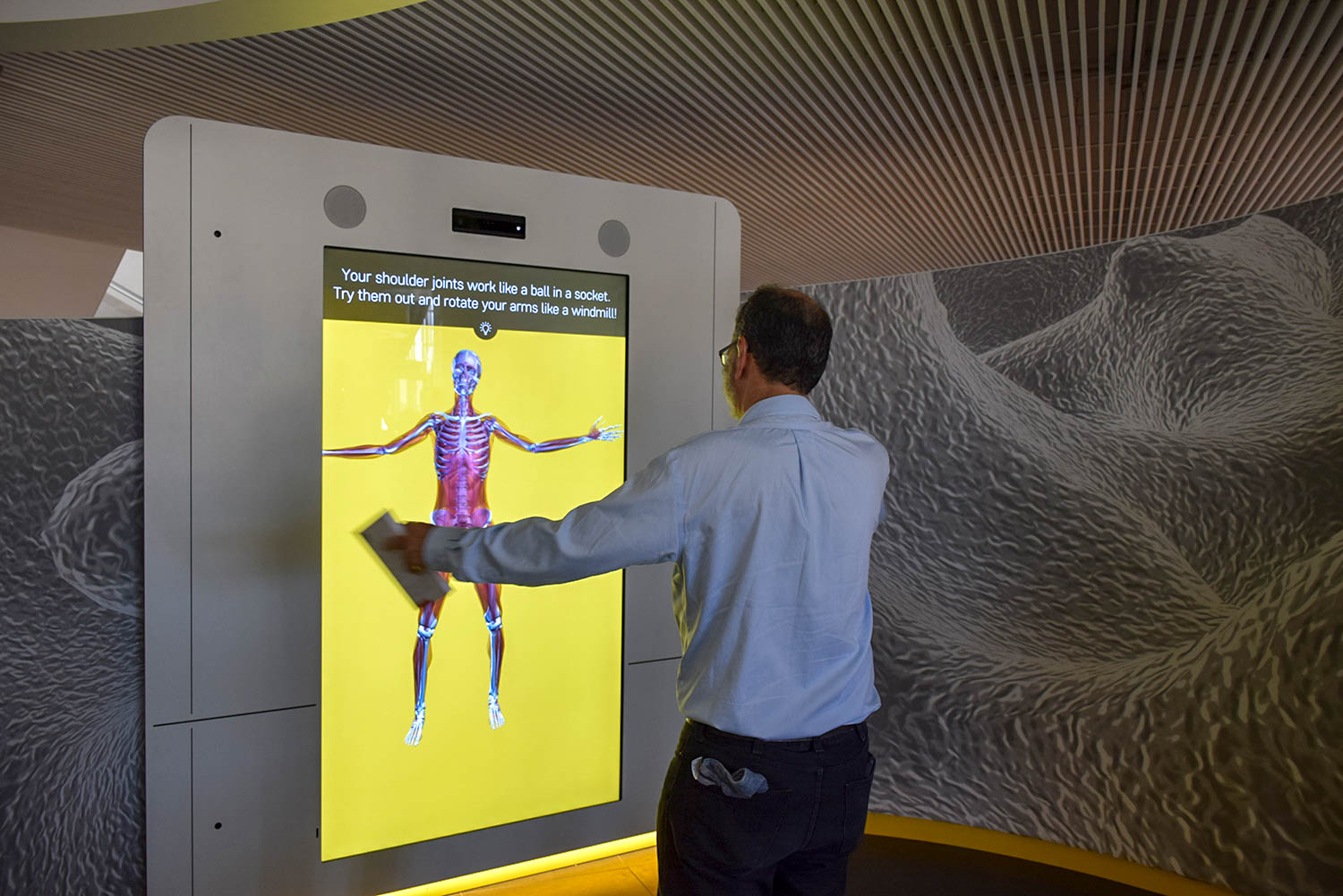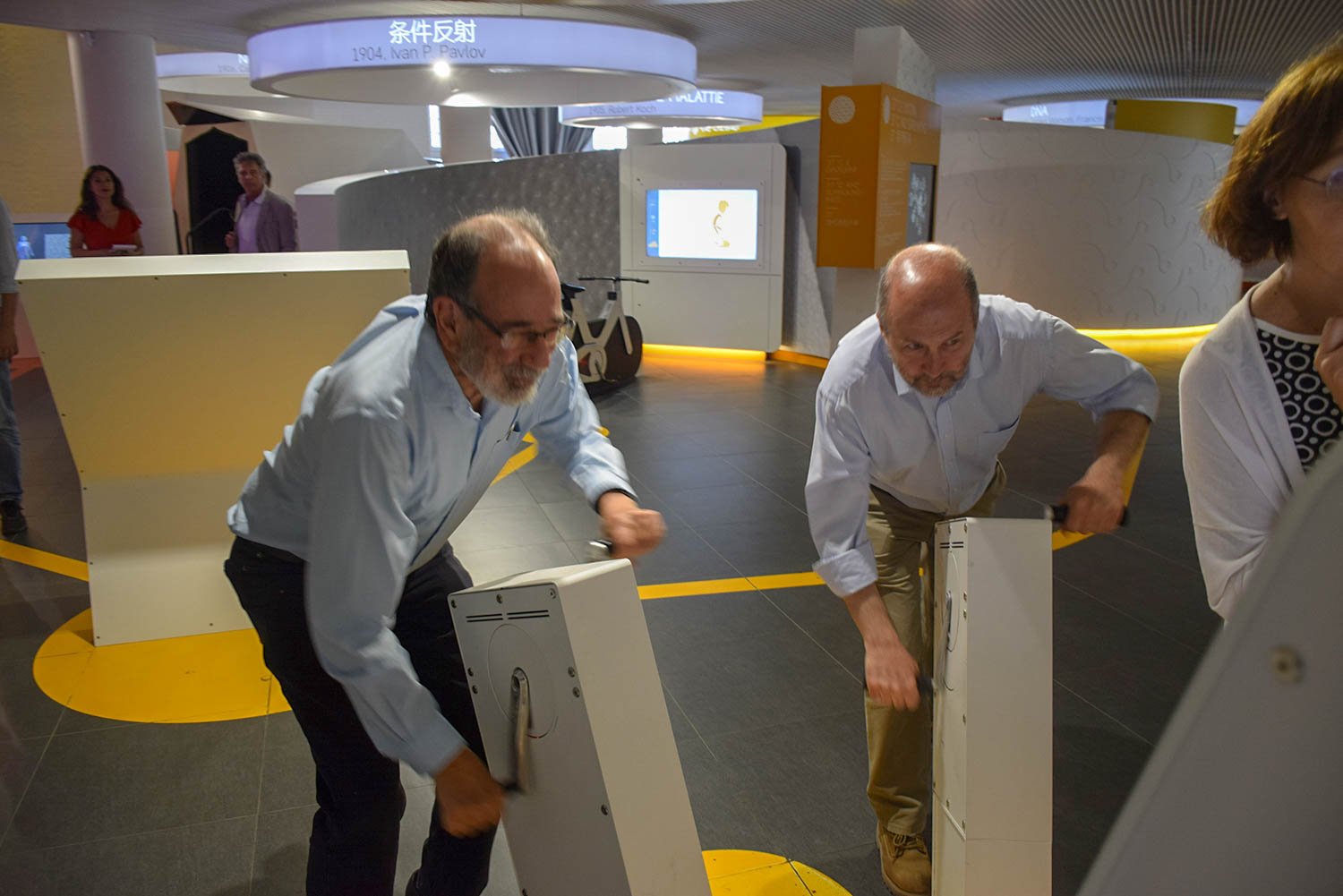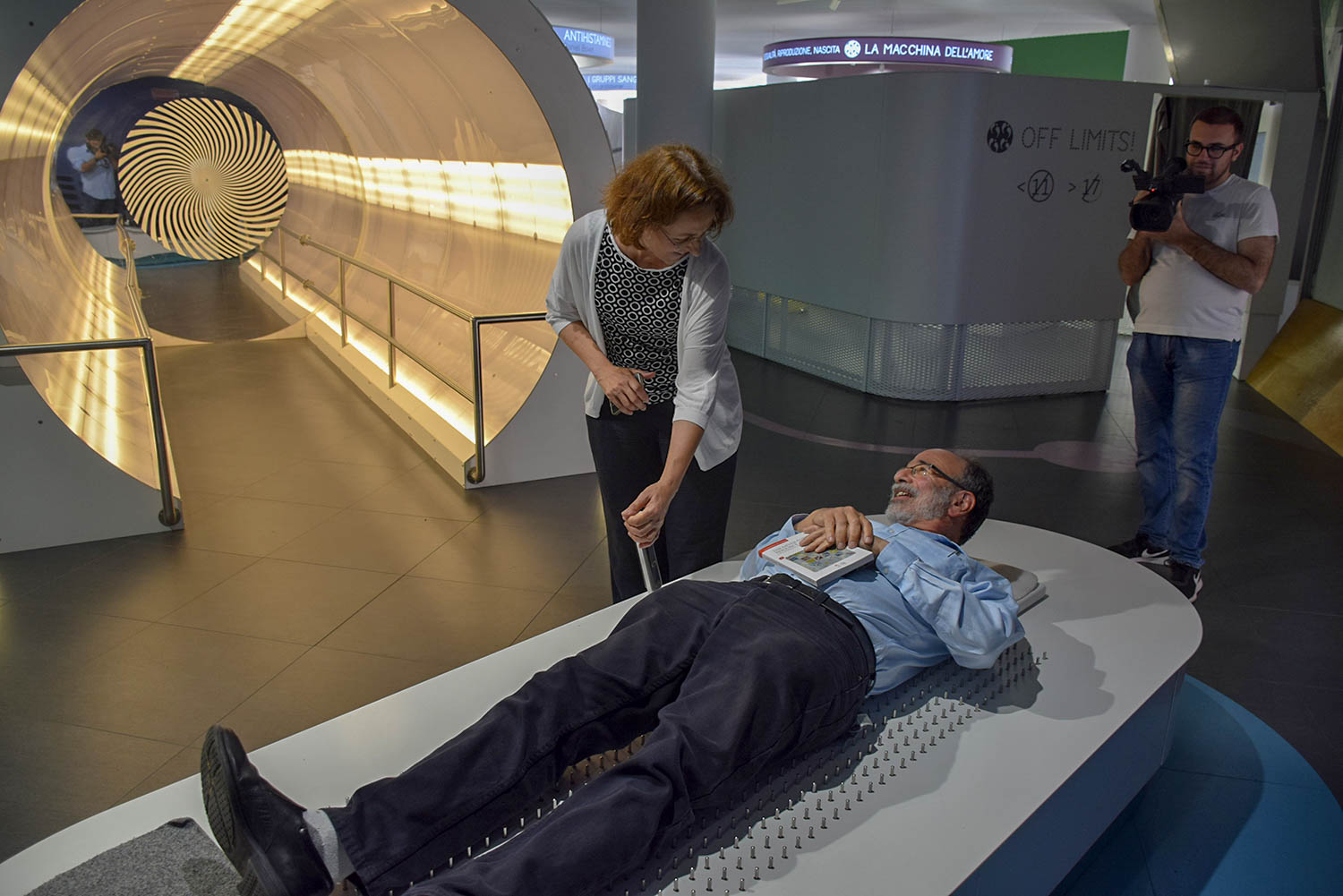First, some excellent transplant news from Italy: A deceased donor kidney exchange transplant chain has been conducted there. Here's some of the (English language) press release.
PRESS
RELEASE
ITALIAN
NATIONAL TRANSPLANT CENTRE
THE FIRST CROSSOVER TRANSPLANT CHAIN TRIGGERED BY A
CADAVERIC DONOR WAS LAUNCHED YESTERDAY IN ITALY
"On March 14th, for the first time in the world, the
first live kidney transplantation chain between incompatible donor-recipient
pairs (the so-called "cross over" program) triggered by a deceased
donor was successfully launched in Italy.
....
The complex study phase for implementing the program, presented by Dr. Lucrezia Furian, member of the kidney transplant team of Padua University hospital, during the General Meeting of the Transplant Network, requested a careful retrospective evaluation of the data related to incompatible donors-recipient couples, a scrupulous analysis of the aspects related to efficacy, ethical and logistical problems and the development of algorithms for optimization of crossover chains. This study was conducted as part of an interdisciplinary research project funded by the University of Padua which involved, together with the transplant center team, researchers from the Department of Economics and Business Sciences and the Padua University Mathematics Department, led by Prof. Antonio Nicolò, scientific director of the research project. "
**********
**********
Here are some of my earlier posts about starting kidney exchange chains with deceased donors:
Thursday, February 11, 2016
The announcement also drew from the depths some curious parts of transplant politics in Italy (and in Europe more generally), where Global Kidney Exchange (
GKE) has received both strong support, and organized opposition.
Here's an article from Corriere Della Sera (MARCH 16, 2018), which quotes the director of the Italian National Transplant Center as celebrating that the chain did not benefit any patient-donor pairs from poor countries, as in the proposal for GKE, which he condemns. In particular, he attacks one of the transplant surgeons involved in GKE,
Ignazio Marino, a former Mayor of Rome.
This led to the following reply (in Italian, of which I am a coauthor:)
Here's the google translate of our letter:
"On 16/3 the Corriere described the transplant a Padova of a kidney taken from one deceased person for a patient who he had the wife's willingness to donate the organ but could not do it being incompatible from the immune point of view.
The lady then donated one kidney to another patient, thus helping another person. Congratulations to the living donor and to the family of the deceased donor: they are the real heroes of transplant surgery. They go also praised the doctors who performed the interventions. We must however rectify several incorrect information. It is important that the team by Paolo Rigotti has turned into reality an idea, but it is not true what the Corriere and, apparently also the Head of the National Transplant Center, that "so far nobody had thought of it". The concept was known to the whole scientific world since 2016 because published, by two signatories of this letter, on the American Journal of Transplantation. It is not even true that there are no algorithms or studies.
They have existed for years and on their basis one of the signatories of this letter received in 2012 the Nobel Prize. It is also false as written that "in the US the hypothesis among the polemics is the recourse to living Filipino donors who in exchange could take advantage of a transplant free for the sick relative ». And then defamatory to affirm that "ours surgeon Ignazio Marino "(our of whom?) would support this practice. It is true instead that there is a project (Global Kidney Exchange) that in the US has not seen any conflict, but the endorsement, in 2017, of the American Society for Transplant Surgeons, the society which brings together all the transplant surgeons. Furthermore, on January 22, 2018, the President of the Istituto Superiore di Sanità, Prof. Walter Ricciardi, in his role as a member of the Executive Board of the Organization World Health Organization has promoted this idea which has since been viewed on the WHO website. Is an idea born from the desire to help the the largest possible number of patients. In practice, if one of us wanted to give a kidney a a loved one, but can not because he has a blood group B, and the person who loves needs a kidney from a donor with a blood group A, that transplant impossible can be achieved because in there are two others in the world people who love each other and have groups opposing blood. Making them meet yes they can transplant patients otherwise they will not transplantable. This is what we illustrated in Rome, in a conference promoted by the
Italian
NIH, January 15, 2018. Yes it is a revolutionary project if one thinks that only in sub-Saharan Africa every year about 5 million people die because they have no access to hemodialysis or to kidney transplantation.
Ignazio R. Marino Professor of Surgery,
Jefferson University
Cataldo Doria Professor of Surgery,
Jefferson University
Michael Rees, Professor of Urology,
University of Toledo
Alvin E. Roth Professor of Economics, University
of Stanford and Harvard, Nobel Economics 2012
**************
And here are some previous blog posts relating to kidney exchange politics in Italy, as discussed in the letter.



.jpg)









